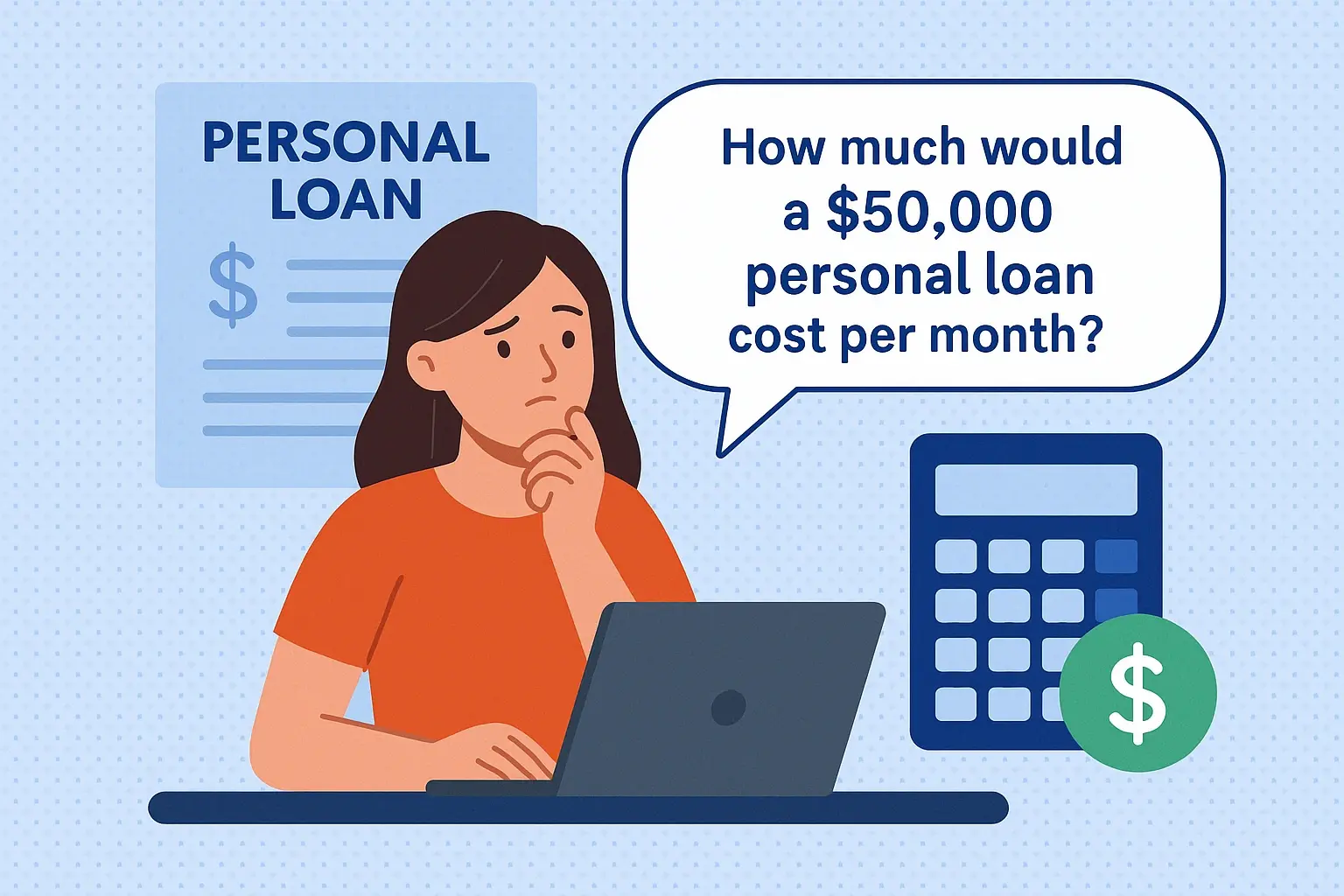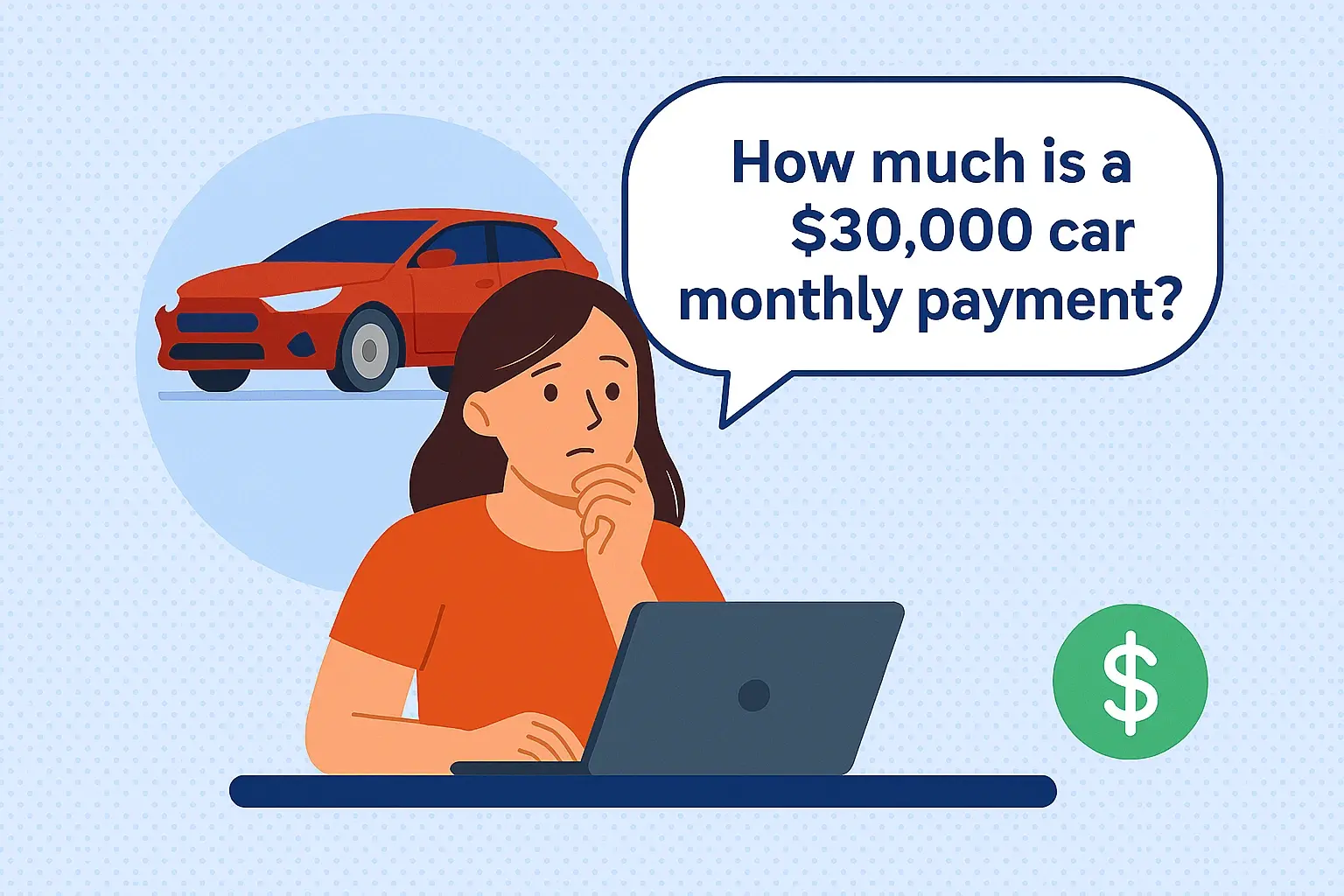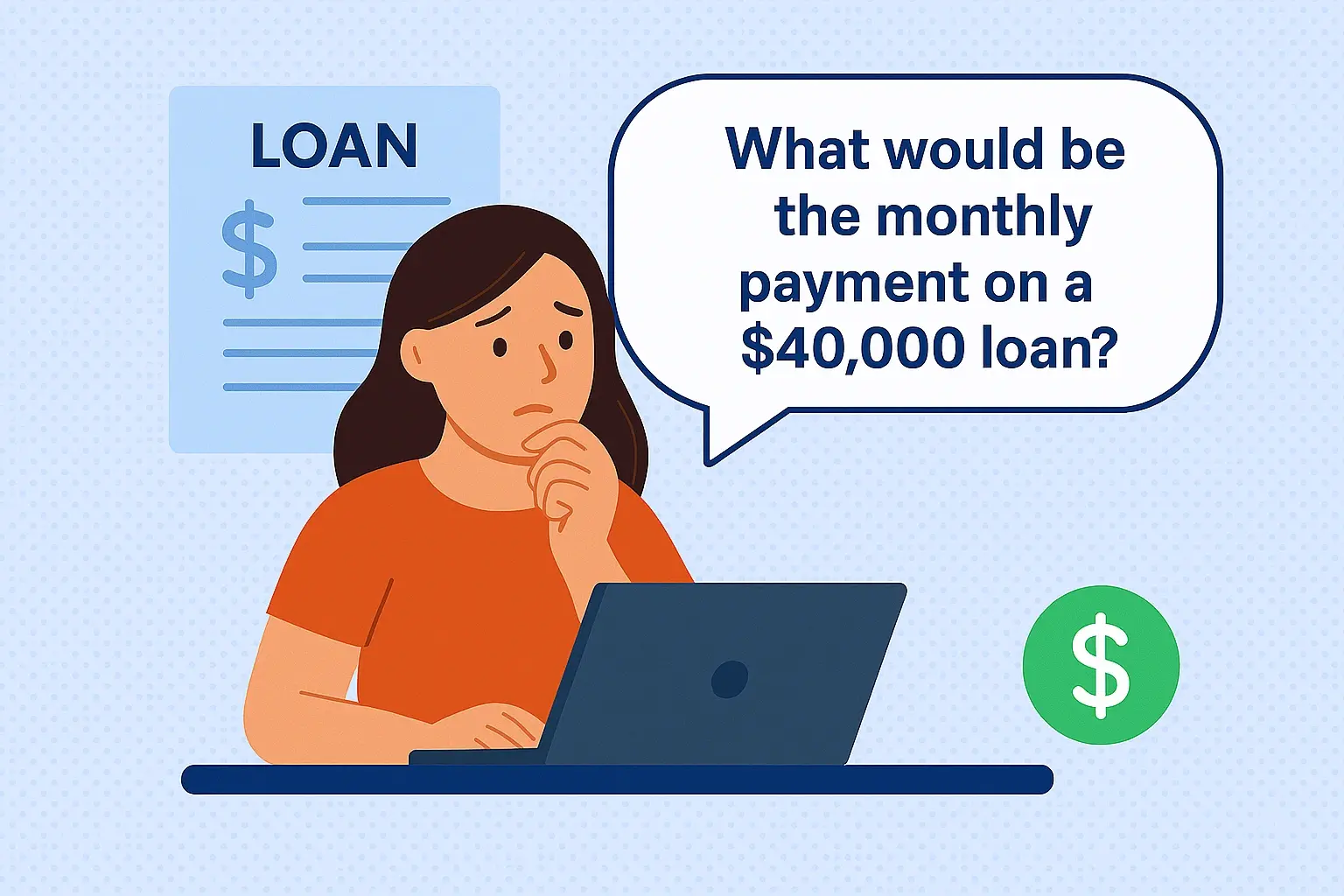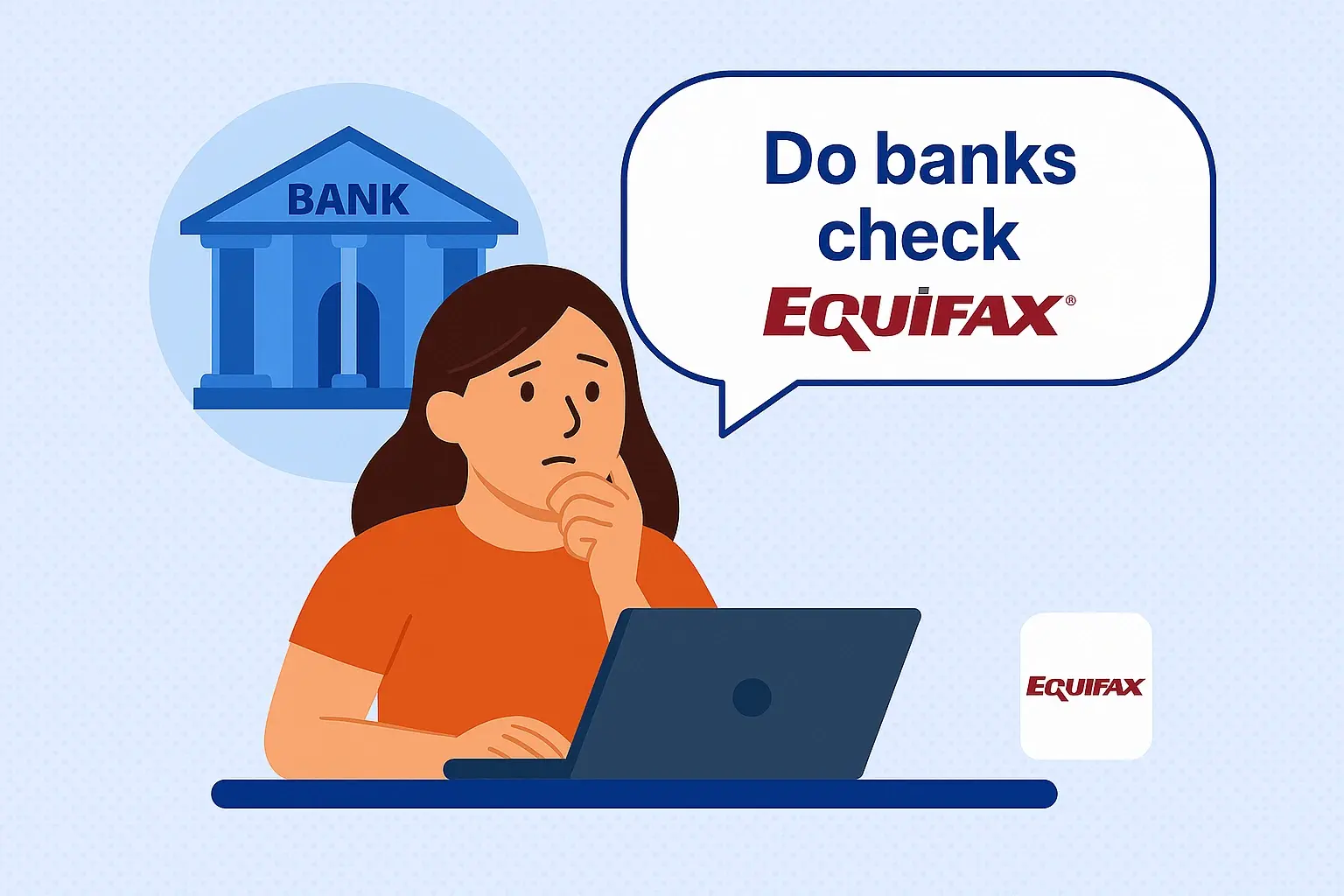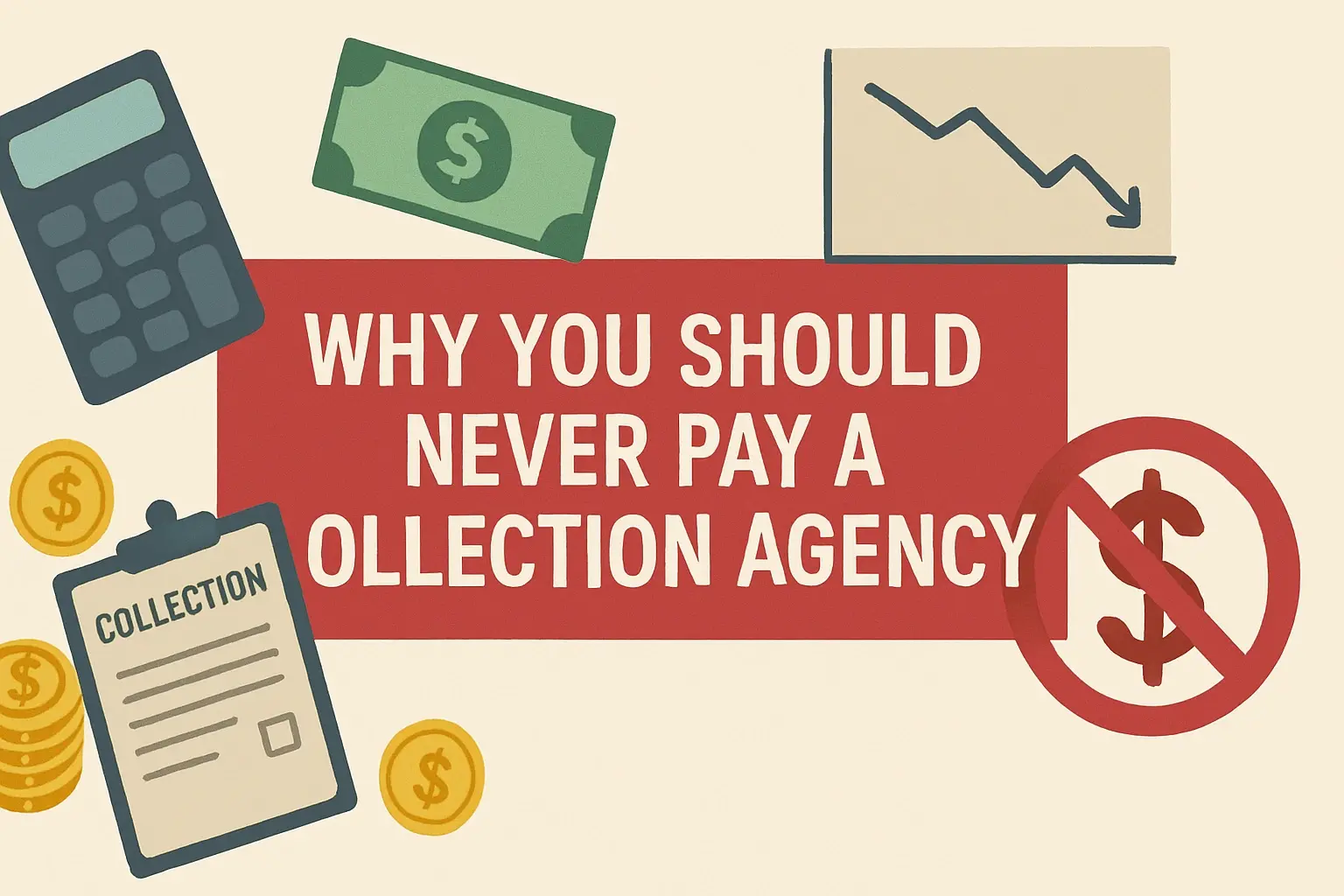-
Posted on: 29 Jul 2024
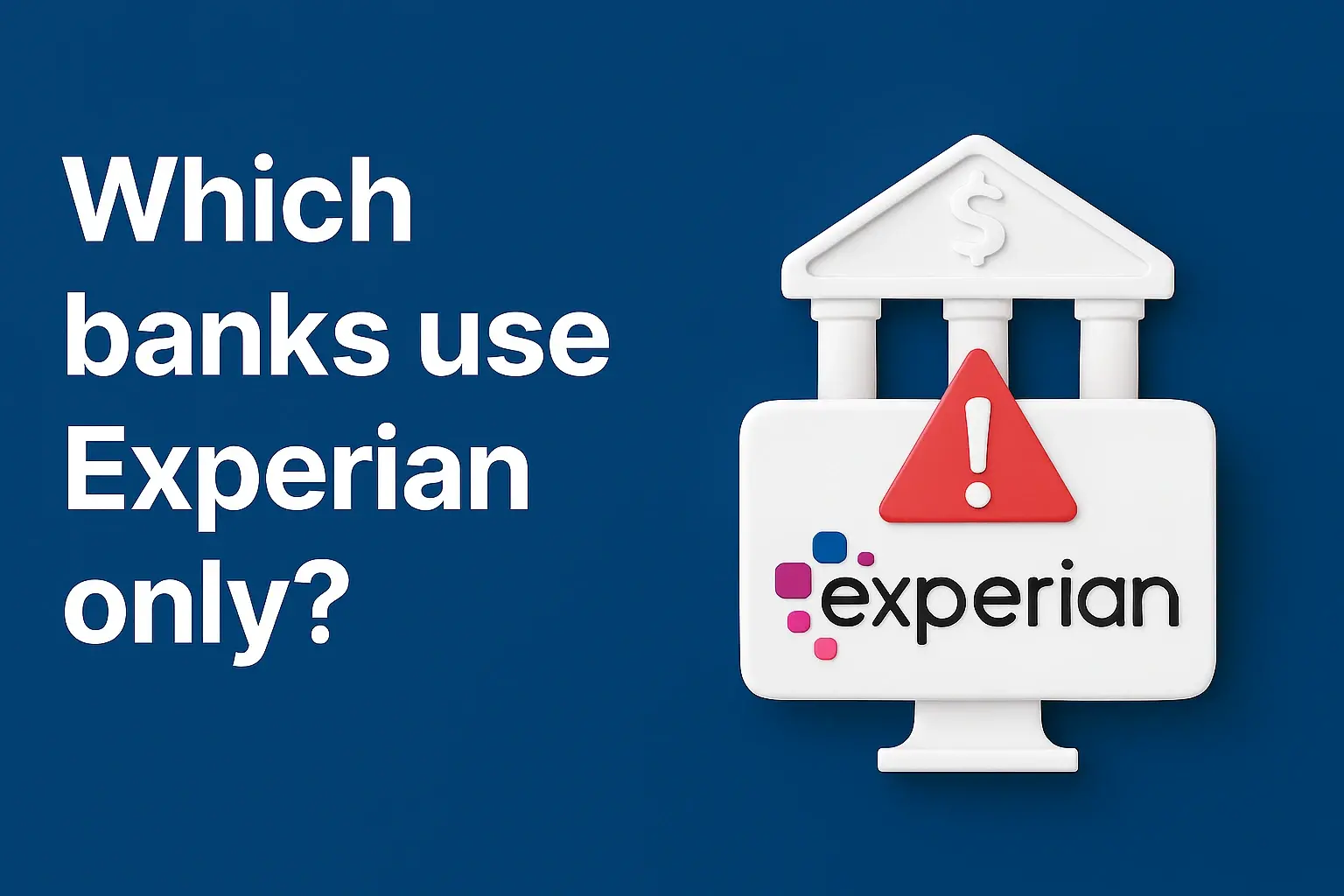
-
When applying for a loan or credit card, you might wonder which credit bureau a lender will use to assess your creditworthiness. While most lenders pull credit reports from all three major bureaus – Experian, Equifax, and TransUnion – some lenders rely primarily or even exclusively on just one. This article delves into the topic of "Experian only" banks, exploring why some financial institutions choose this approach, the potential benefits and drawbacks for consumers, and how to determine which lenders are most likely to use Experian for their credit checks.
Understanding Credit Bureaus and Credit Scores
Before diving into specific banks, it's crucial to understand the role of credit bureaus and credit scores in the lending process.
Credit Bureaus: Experian, Equifax, and TransUnion are the three major credit reporting agencies in the United States. These agencies collect information about your credit history, including payment history, credit card balances, loans, and bankruptcies. This information is compiled into credit reports, which lenders use to evaluate your credit risk.
Credit Scores: Credit scores are numerical representations of your creditworthiness, based on the information in your credit reports. The most widely used credit scoring model is FICO, developed by Fair Isaac Corporation. Another popular model is VantageScore. Each model has its own algorithms and scoring ranges, but generally, higher scores indicate lower credit risk.
Why Three Bureaus? Ideally, lenders check all three bureaus to get a complete picture of your credit history. However, discrepancies can exist between reports due to reporting delays, errors, or the fact that not all creditors report to all three bureaus. This is why some lenders might choose to focus on a single bureau, streamlining their process and potentially offering credit to individuals who might be overlooked by lenders using a more comprehensive approach.
The Concept of "Experian Only" Banks
A bank that relies solely on Experian for credit checks is often referred to as a "single-bureau lender" – in this specific case, an "Experian only lender." These lenders primarily use the Experian credit report and score to make lending decisions. While it's rare to find banks that *exclusively* use Experian and never check the other bureaus under any circumstances, certain lenders might favor Experian or use it as the primary data source.
It's important to note that it can be difficult to definitively identify a bank that only uses Experian. Lending practices are constantly evolving, and policies can vary based on the product, the applicant's profile, and other factors. However, some lenders are known to rely heavily on Experian or prioritize it over the other bureaus. These are often smaller institutions or those specializing in specific types of loans.
Why Some Lenders Prefer Experian
Several factors might contribute to a lender's preference for Experian:
Established Relationship: The lender may have a long-standing business relationship with Experian and a well-integrated system for accessing and analyzing Experian credit data.
Data Availability: Experian's data coverage and accuracy might be considered superior for the specific target demographic or loan product. In certain areas, Experian might have more comprehensive data on potential borrowers.
Cost Considerations: Checking only one credit bureau can be more cost-effective than pulling reports from all three, especially for high-volume lenders.
Specific Scoring Models: A lender might prefer a particular scoring model offered by Experian, believing it provides a more accurate assessment of risk for their specific lending criteria.
Strategic Advantage: Focusing on Experian might allow the lender to tap into a segment of the population whose credit history is stronger on Experian compared to Equifax or TransUnion.
Identifying Potential "Experian Only" Lenders
It's challenging to provide a definitive list of banks that solely use Experian, as this information is not typically publicly disclosed. However, you can look for clues and indications that a lender might prioritize Experian:
Direct Inquiry: The most straightforward approach is to contact the lender directly and ask which credit bureau(s) they use for credit checks. While they may not explicitly state "Experian only," they might indicate that Experian is their primary bureau.
Credit Score Requirements: Some lenders will advertise minimum Experian credit score requirements. If they only mention Experian scores, that's a strong indicator that they rely heavily on Experian.
Application Forms: Review the fine print on loan application forms. Sometimes, the terms and conditions will mention the credit bureau(s) used for verification.
Online Reviews and Forums: Check online reviews and financial forums. Other users might share their experiences regarding which bureaus lenders pulled from when they applied for a loan. Be wary of unverified information, but look for patterns.
Lender Specialization: Lenders specializing in subprime loans or loans for individuals with limited credit history might be more likely to focus on a single bureau, potentially Experian. Look for lenders advertising "bad credit loans" or "no credit check loans" (though "no credit check" is often misleading and means they are using alternative data, not completely foregoing a credit evaluation).
Small, Local Banks and Credit Unions: Smaller financial institutions may have more limited resources and infrastructure and might choose to work with a single credit bureau to simplify their operations.
Examples of Lenders That Might Prioritize Experian (Note: These are examples, and practices may change)
While no bank explicitly states they *only* use Experian, some lenders are known to work closely with Experian or are associated with using Experian more frequently than other bureaus. These might include:
Subprime Lenders: Many lenders offering loans to individuals with less-than-perfect credit rely on alternative credit data and might favor a single bureau like Experian.
Certain Credit Card Issuers: Some store credit cards or cards designed for credit building might lean towards Experian data.
Smaller Regional Banks and Credit Unions: As mentioned above, smaller institutions might have agreements that favor Experian.
FinTech Lenders: Some online lenders that utilize advanced analytics may have developed models primarily based on Experian data.
Important Disclaimer: This list is not exhaustive and is for informational purposes only. Lending practices can change. Always verify a lender's credit check policies directly before applying for a loan or credit card.
Pros and Cons of "Experian Only" Lending for Consumers
The practice of "Experian only" lending has both potential benefits and drawbacks for consumers:
Pros:
Increased Approval Chances: If your Experian credit report is stronger than your reports with Equifax or TransUnion, you might have a better chance of getting approved for a loan from an "Experian only" lender. This is particularly relevant if you have errors on your other credit reports or a negative mark that is only reported to Equifax or TransUnion.
Simplified Application Process: For lenders, using a single bureau can streamline the application process, potentially leading to faster approvals.
Opportunity for Credit Building: If you are trying to build or rebuild your credit, getting approved for a loan from an "Experian only" lender can help you establish a positive payment history with Experian, which can improve your credit score over time.
Cons:
Limited Options: Focusing solely on "Experian only" lenders might restrict your access to a wider range of loan products and interest rates. You could potentially miss out on better deals from lenders that check all three bureaus.
Potential for Inaccurate Assessment: If your Experian credit report contains errors or incomplete information, the lender might make an inaccurate assessment of your creditworthiness.
Missed Opportunities: A negative mark on your Experian report could automatically disqualify you, even if your credit is strong with the other bureaus.
Less Comprehensive View: The lender is missing out on a complete picture of your credit behavior. This could lead to them underestimating your ability to repay, leading to less favorable loan terms.
How to Maximize Your Chances of Approval, Regardless of the Lender
Regardless of which credit bureau a lender uses, there are several steps you can take to improve your chances of getting approved for a loan:
Check Your Credit Reports: Obtain copies of your credit reports from all three major bureaus (Experian, Equifax, and TransUnion) and review them carefully for errors or inaccuracies. You can get free copies of your credit reports annually from AnnualCreditReport.com.
Dispute Errors: If you find any errors on your credit reports, dispute them with the credit bureau and the creditor that reported the information. The credit bureau is required to investigate the dispute and correct any verified errors.
Pay Your Bills on Time: Payment history is the most important factor in your credit score. Make sure to pay all your bills on time, every time.
Keep Credit Card Balances Low: High credit card balances can negatively impact your credit score. Aim to keep your credit card balances below 30% of your credit limit.
Avoid Opening Too Many New Accounts: Opening too many new credit accounts in a short period can lower your credit score.
Maintain a Mix of Credit Accounts: Having a mix of different types of credit accounts (e.g., credit cards, installment loans) can demonstrate responsible credit management and improve your credit score.
The Future of Credit Reporting
The credit reporting landscape is constantly evolving. With the rise of alternative credit data, such as rental payment history and utility bills, lenders are increasingly looking beyond traditional credit reports to assess creditworthiness. This trend could reduce the reliance on traditional credit bureaus and potentially level the playing field for individuals with limited or no credit history.
Alternative Credit Data
Alternative credit data includes information that is not typically found on traditional credit reports, such as:
Rental Payment History: Paying your rent on time can be a strong indicator of your ability to manage your finances responsibly.
Utility Bill Payments: Consistent on-time payments of utility bills demonstrate financial responsibility.
Cell Phone Bill Payments: Similar to utility bills, timely cell phone bill payments can be considered a positive sign.
Bank Account Information: Some lenders may consider your bank account balance and transaction history to assess your financial stability.
As the use of alternative credit data becomes more widespread, it could significantly impact lending practices and provide opportunities for individuals with limited or damaged credit to access credit. However, it's important to note that reporting of alternative data is not yet universal, and you may need to actively opt-in to have this information reported to credit bureaus or alternative credit scoring agencies.


